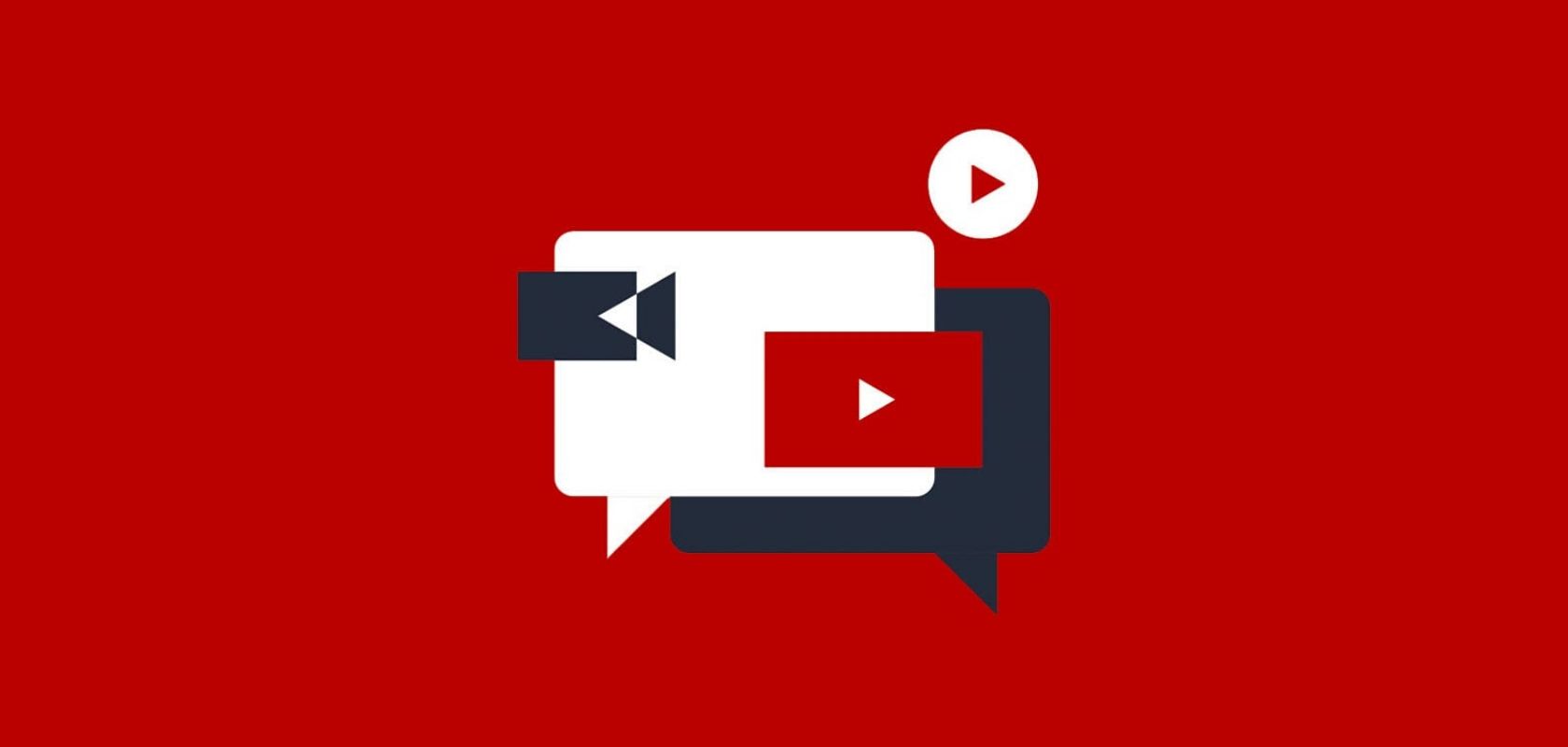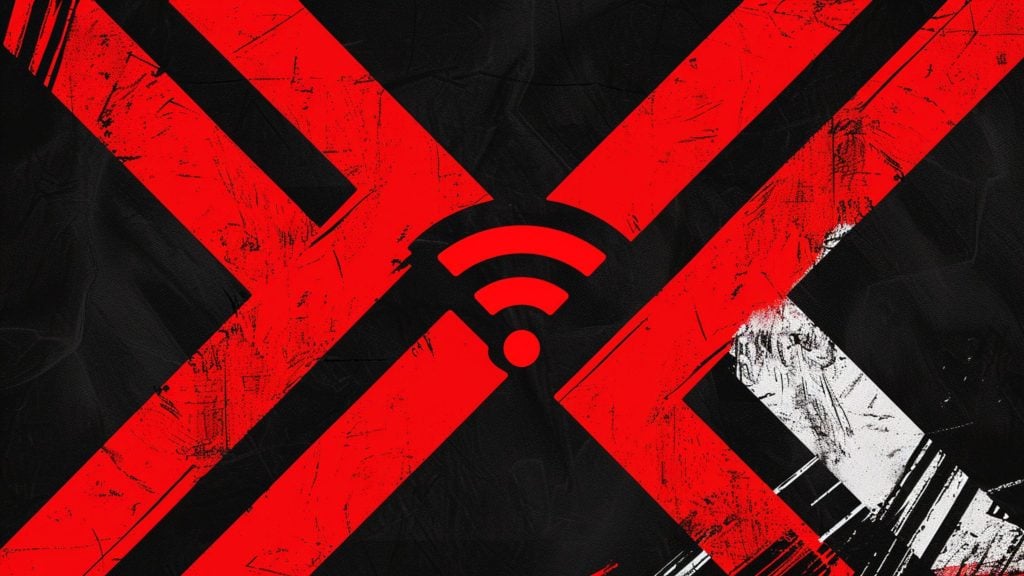In the United States, YouTube has been able to sustain and grow its business based on user-generated content that often violates copyright thanks to the country’s copyright law, the Digital Millennium Copyright Act (DMCA).
A bluntly implemented system of takedown notices – where the video giant blocks content automatically upon receiving a request, leaving it to the channel owner to dispute the claim – is leaving creators vulnerable, but it’s working very well for YouTube and rights owners, not to mention copyright trolls.
Of course, YouTube, owned by Google, is a dominant video platform not only in the US, but also in large portions of the world. So far, the DMCA has worked globally – but now a ruling in India looks like it may set an interesting precedent.
It took the District Court of Gurgaon eight years to rule that YouTube and Google are not protected from liability as “a neutral intermediary” relying on Content-ID and dishing out takedown notices, to then wash their hands of the entire copyright problem.
TorrentFreak writes, citing local Indian media, that the legal case concerns Bollywood filmmaker Suneel Darshan, who alleged in his lawsuit that YouTube and Google India were responsible for a channel owner uploading content that he has the copyright to.
And Darshan didn’t bother with filing a DMCA takedown notice, either. That he should have is another point that Google tried to argue before the court. But the court said the filmmaker didn’t have to, and that the company, aware of the infringing content, should have found the URLs on its own, are removed them.
The fine is small – $700 – and the ruling can be appealed, but Darshan said he plans to file a separate lawsuit to pursue full compensation that he said arose when Google profited by “sharing ad-revenue with the user who uploaded the content,” TorrentFreak notes.
“We faced many challenges while fighting this case. They made so many claims that it is not their jurisdiction and then they told me that I don’t hold the right to this content. So I had to prove my ownership, it is like parents proving that it is their child,” Darshan says.
The case is not isolated in its nature, though, as the problem of the splintering of jurisdictions regarding online content and digital platforms might be getting worse.
The TorrentFreak write-up mentions two more cases, this time in the EU, that once again challenge YouTube’s role and liability in protecting copyright.













